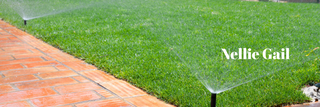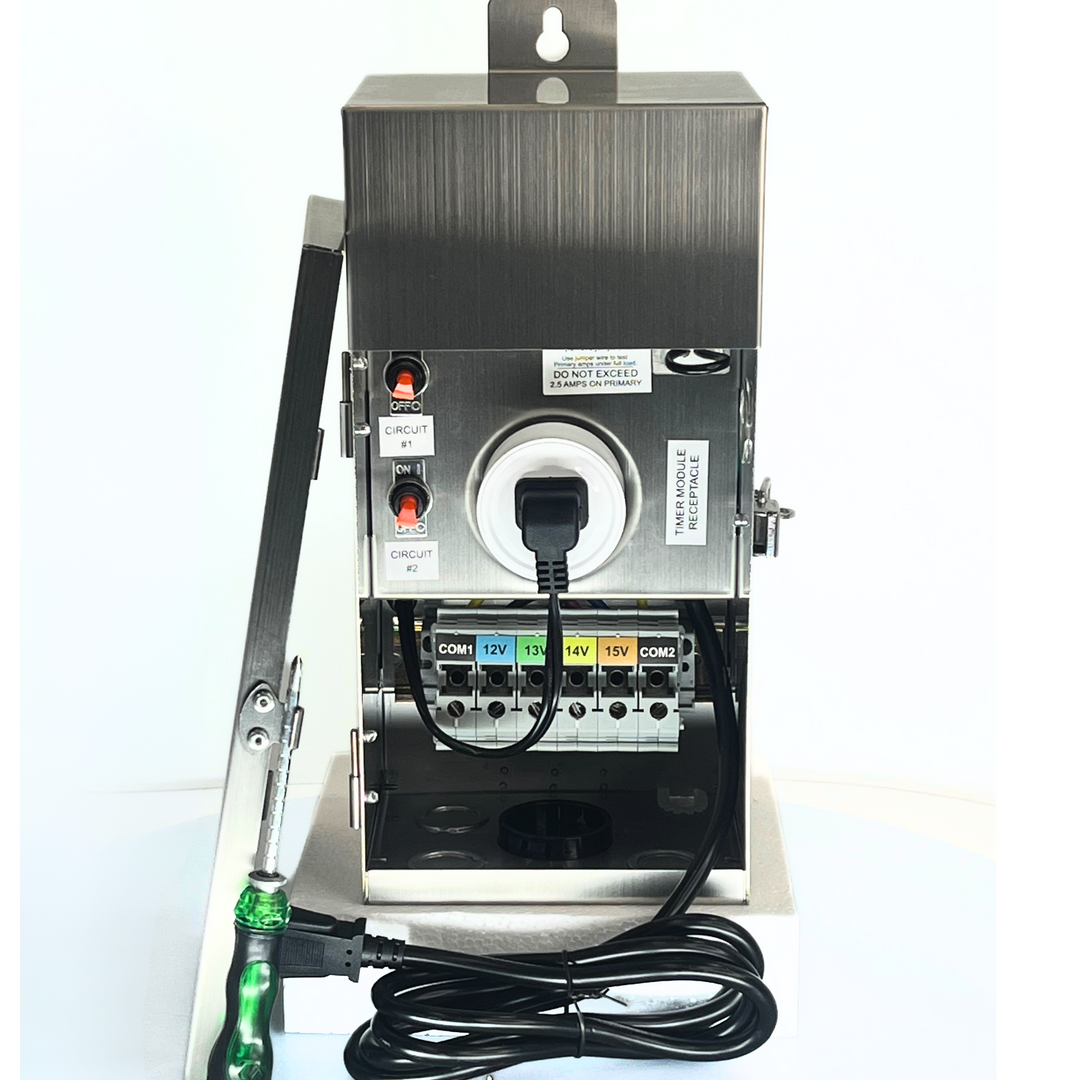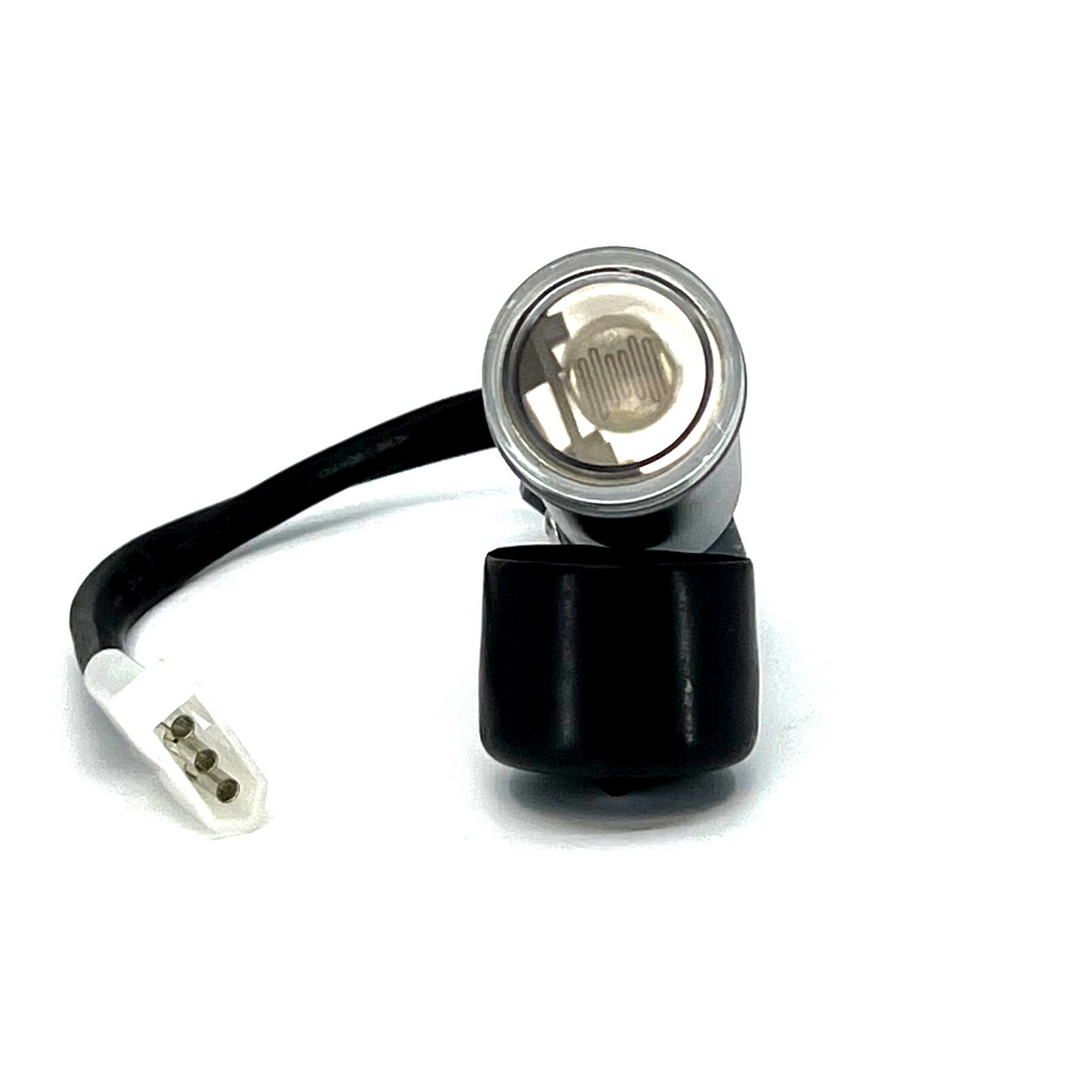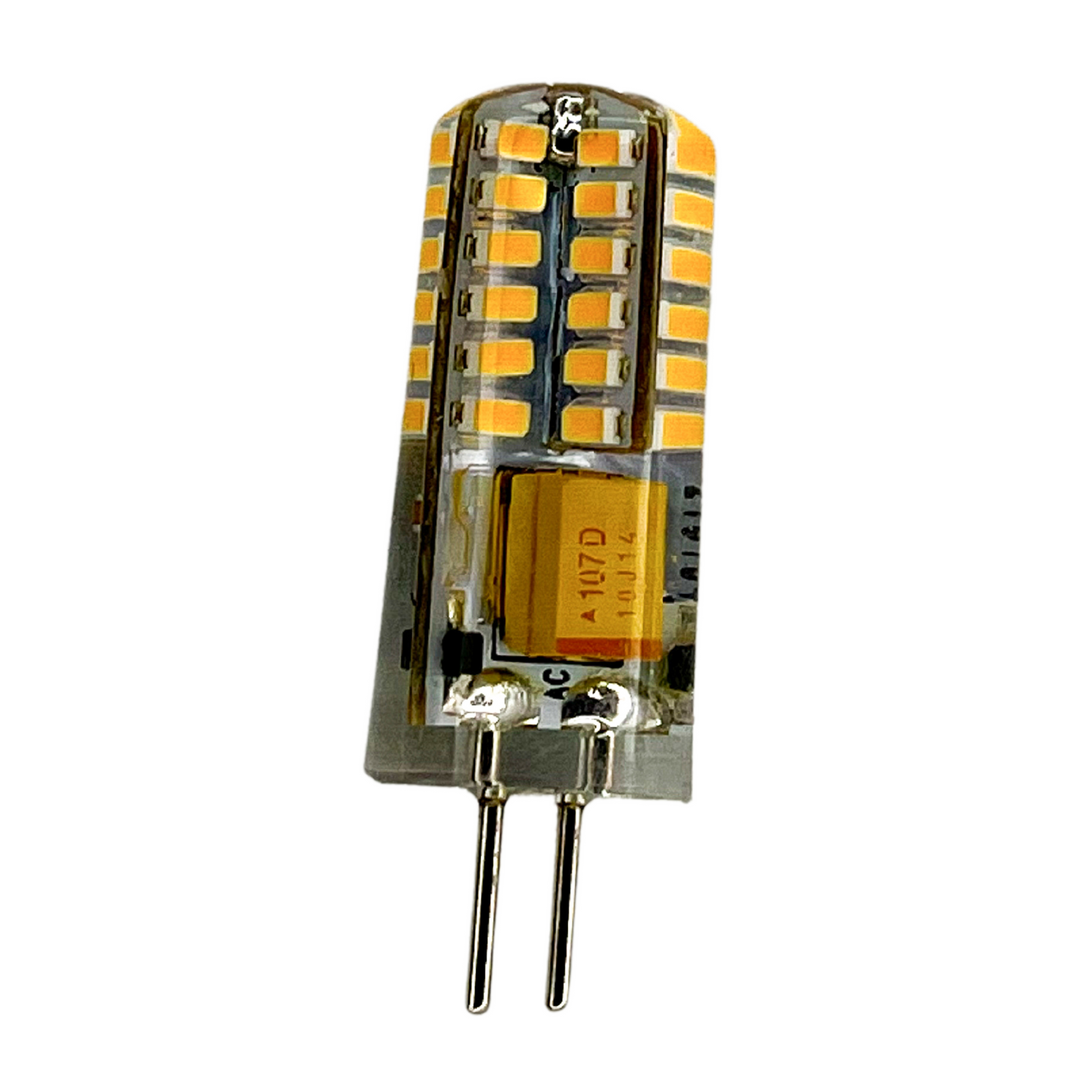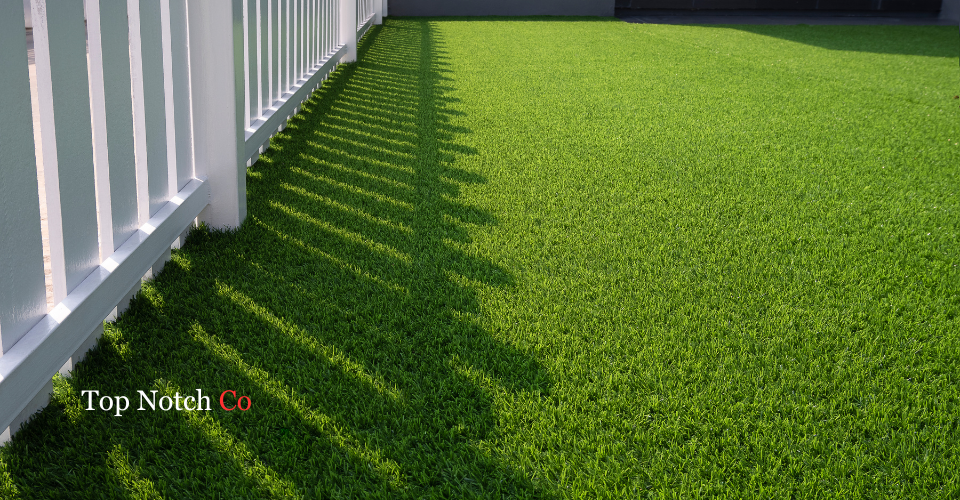
Broken Home Sprinklers? Top Notch Are the Hero's Your Lawn Deserves
|
|
Time to read 7 min
Maintaining a vibrant, green lawn is not just about regular mowing and fertilization; an efficient sprinkler system plays a pivotal role. However, like any home system, Broken Home Sprinklers can encounter issues, leading to ineffective watering or damage to your lawn. This article aims to arm you with the knowledge and tips needed to keep your sprinkler system in top-notch condition, ensuring your lawn remains the envy of the neighborhood.
Broken Home Sprinklers: Understanding Your Sprinkler System
Sprinkler systems may seem complex, but understanding the basic components can demystify much of the maintenance and repair process. These systems typically include sprinkler heads, valves, a controller, pipes, and a backflow preventer, each playing a vital role in delivering water to your lawn precisely and efficiently. A basic understanding of your sprinkler system's components is the first step toward effective maintenance. Components include:
• Sprinkler Heads: Distribute water across your lawn. Types include fixed, rotary, and oscillating.
• Valves: Control the flow of water to different zones of your lawn.
• Controller: The brain of the system, allowing you to set watering times and durations.
• Pipes: Transport water to different areas of your yard.
• Backflow Preventer: Ensures water doesn't flow back into the clean water supply.
Common Sprinkler System Issues and Troubleshooting
Several common issues can plague sprinkler systems, from leaky sprinkler heads to faulty valves and controller problems. For example, a decrease in spray force or standing water on the lawn could indicate a clogged or damaged sprinkler head, which can often be fixed by cleaning or replacing the affected part. Similarly, irregular water pressure and wetter or drier areas of the yard may signal valve problems, necessitating a thorough inspection and possibly replacement, including:
• Leaky Sprinkler Heads: Often caused by wear and tear or damage from lawn equipment. Regular inspections can help identify leaks early.
• Faulty Valves: Symptoms include uneven watering or unresponsive zones. Cleaning or replacing valves can often remedy the issue.
• Controller Malfunctions: Incorrect settings can lead to over or under-watering. Reviewing and adjusting the settings regularly is key.
• Pipe Damage: Freeze damage or physical impacts can crack pipes. Early detection and repair are crucial to prevent water waste and system damage.
• Electrical Issues: Faulty wiring or solenoids can disrupt system operation. Basic electrical troubleshooting can identify common problems.
Seasonal Sprinkler Maintenance
Your sprinkler system requires different maintenance tasks as the seasons change. Spring is the time to reactivate your system, checking for any winter damage and making necessary adjustments. Summer demands vigilant monitoring to adapt to weather changes and maintain optimal performance. Before winter arrives, it's crucial to properly winterize your system to prevent freeze damage, a process that involves draining the system and protecting sensitive components.
To ensure your sprinkler system operates efficiently, seasonal maintenance is essential:
• Spring: Inspect and clean all components. Adjust settings for the growing season.
• Summer: Monitor performance and adjust schedules based on rainfall and temperatures.
• Fall: Prepare the system for winter, including draining pipes and, in colder climates, professional blowouts to prevent freeze damage.
Water Conservation with Sprinkler Systems
Water conservation is a critical consideration for environmentally conscious homeowners. Adopting efficient water usage practices, such as strategic scheduling and zoning, can significantly reduce waste. Additionally, technological upgrades like smart controllers and high-efficiency nozzles can further enhance water efficiency, saving you money on utility bills and contributing to environmental sustainability. Tips include:
• Optimal Scheduling: Water in the early morning to reduce evaporation.
• Smart Controllers: Invest in controllers that adjust watering based on weather conditions.
• Regular Maintenance: Prevent leaks and ensure even coverage to avoid water waste.
Enhancing Your Sprinkler System
Upgrading your sprinkler system can offer numerous benefits, from improved water efficiency to better lawn health. Consider modern technologies like drip irrigation or rotary nozzles, which can provide more precise watering and reduce waste. Complementary landscaping changes, such as incorporating drought-resistant plants, can further optimize your lawn care regimen.
• Drip Irrigation: For targeted watering of plants and shrubs.
• High-efficiency Nozzles: Reduce water use and improve coverage.
• Soil Moisture Sensors: Ensure watering only occurs when needed.
When to Call a Professional
While many sprinkler issues can be addressed with DIY solutions, complex problems such as major leaks, system redesign, or electrical faults may require professional expertise. Look for certified irrigation specialists with good reviews and transparent pricing.
DIY vs. Professional Repair: Making the Right Choice
Evaluate the extent of the damage, your skills, and the tools required before deciding on a DIY repair. Consider the cost of tools and materials, and weigh this against professional service fees. For extensive or complex issues, professional services may offer better value and peace of mind.
Frequently Asked Questions
How often should I inspect my sprinkler system for potential issues?
Routine inspections are crucial for maintaining the efficiency and longevity of your sprinkler system. It's recommended to inspect your system thoroughly at least twice a year: once in the spring before the regular usage season begins, and once in the fall after the watering season ends. Regular checks can help identify minor issues before they escalate into major problems.
Can I use regular household tools for sprinkler system repairs, or do I need specialized equipment?
Many sprinkler system repairs can be performed with basic household tools, such as screwdrivers, pliers, and a garden shovel. However, certain tasks may require specialized tools, like a pipe cutter for PVC pipes or a multimeter for electrical testing. It's important to assess the repair and ensure you have the appropriate tools before beginning.
What are the signs that my sprinkler system is not watering efficiently?
Inefficient watering can manifest in several ways, including unevenly watered areas, excessively wet or dry patches, and water runoff on sidewalks or driveways. These signs may indicate issues such as misaligned sprinkler heads, clogged nozzles, or improper system settings. Adjusting the sprinkler heads and checking the system settings can often resolve these issues.
Is it necessary to winterize my sprinkler system, and how can I do it myself?
Winterizing your sprinkler system is essential in regions where temperatures drop below freezing. Failing to winterize can lead to frozen pipes and costly damages. The process typically involves shutting off the water supply, draining the system, and, in some cases, using compressed air to blow out remaining water from the pipes. If you're unfamiliar with this process, it may be best to hire a professional to ensure it's done correctly.
How can I improve the water efficiency of my existing sprinkler system without a complete overhaul?
Improving water efficiency can often be achieved through simple upgrades and adjustments. Installing a rain sensor can prevent unnecessary watering during rainy periods. Replacing standard sprinkler heads with high-efficiency models can also reduce water usage by providing more uniform water distribution. Additionally, adjusting your watering schedule based on seasonal needs can significantly improve efficiency.
What should I do if my sprinkler system starts leaking between scheduled watering cycles?
A leak between watering cycles can indicate a leaky valve, which fails to completely shut off after irrigation. First, inspect the valve for visible signs of damage or debris causing the leak. Cleaning the valve and checking the diaphragm for wear and tear may resolve the issue. If the problem persists, the valve may need to be replaced.
By addressing these frequently asked questions, readers can gain a deeper understanding of their sprinkler systems and how to maintain them effectively. This additional knowledge empowers homeowners to take proactive steps in ensuring their lawns remain healthy and vibrant, while also conserving water and saving on utility costs.
Practical tips or facts:
1. Optimize Watering Based on Turfgrass Needs: It's essential to know how much water your sprinkler delivers and adjust accordingly to ensure your lawn receives the right amount, typically 1 inch per week. You can use the "tuna can test" to measure your sprinkler's output by placing tuna cans across different watering zones, running the system for 15 minutes, and then measuring the water collected in the cans with a ruler. This test helps in identifying if adjustments are needed for optimal watering, preventing over or under-watering.
2. Seasonal Watering Schedule Adjustment: Adjust your sprinkler system's watering schedule with the changing seasons to meet your lawn's varying water needs. In spring and fall, your lawn requires less water compared to the hot summer months. Moreover, different areas of your lawn might have different sun exposures, affecting their watering needs. Adjusting your zones to meet each area's specific watering needs can significantly enhance the efficiency of your water usage.
3. Regular System Inspections for Leaks and Damage: Conducting regular inspections of your entire watering system is crucial for early detection of leaks, broken lines, or misdirected sprinkler heads. Such issues can lead to water waste and uneven watering, which might damage your lawn. Identifying and fixing these problems promptly can save water and reduce your water bill. Moreover, installing a rain or rain/freeze sensor can further conserve water by automatically shutting off your irrigation system during rain or freezing conditions, avoiding unnecessary watering.
Our Recommendation
Final Thoughts
A well-maintained sprinkler system is essential for a healthy, beautiful lawn. By understanding common issues, performing regular maintenance, and considering efficient upgrades, you can ensure your lawn remains a vibrant, welcoming space. Whether you tackle repairs yourself or enlist professional help, the key is to act proactively, addressing issues before they escalate and keeping your system in top condition. Book Online Now and Get a FREE Quote!









